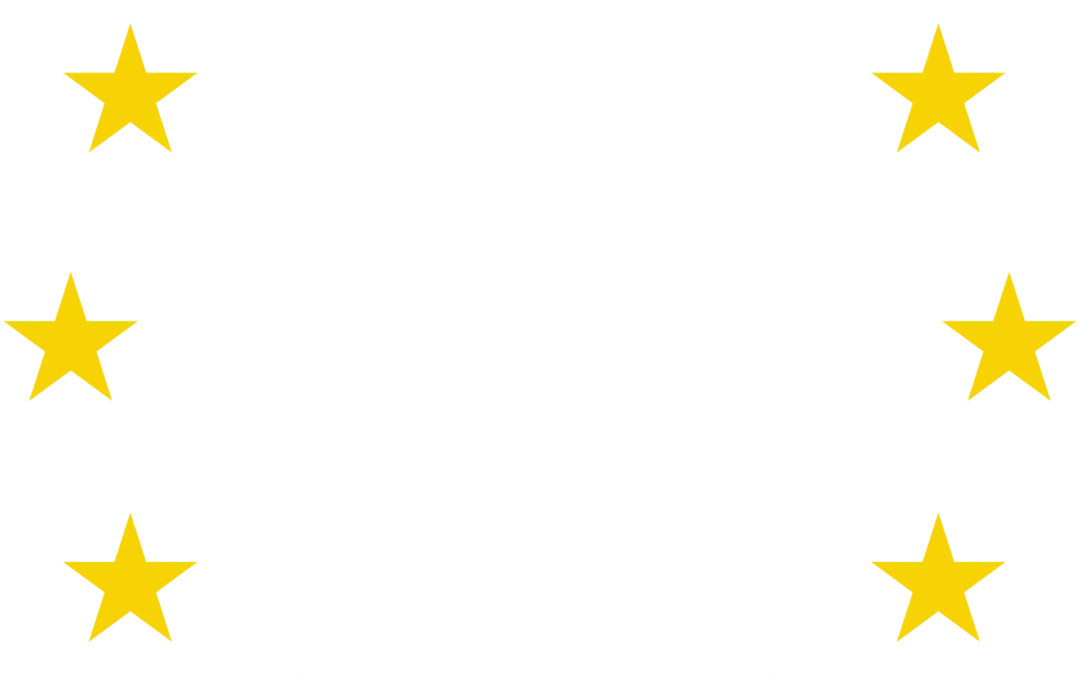There is a lot of information out there about the new directive NIS2 that will affect more sectors in Europe. Chances are, you’ve probably heard that it’s broader, more extensive and focuses on large, important businesses and organisations. But have you heard as well that it also affects their supply chain?

Losing Grip on Ever Growing Data
It’s likely that larger companies are already taking steps in order to become compliant with the new NIS version. The second version is coming into effect from October 2024 and will be here to stay. It’s no surprise that cybersecurity is becoming more important over time, especially in the last decade. More and more services are moving online, including government services, essential services and health services. This change is important because it means your personal, business and government information are now available online.
Now, just imagine for a moment the sheer amount of data that a large business has to deal with on a daily basis. It stores information about their customers, suppliers, providers, products and services. And it’s not just this information that’s stored in their applications, part of the organisation’s data is also stored in their customer’s and provider’s data. This naturally leads to the question: What can (or should) they do in order to protect their data, which is stored somewhere that’s out of their control?

The Supply Chain is a risk more than ever
The world is evolving, and it’s great! But it’s also evolving at a very fast pace. This means we often face situations we hadn’t been able to foresee. The digital revolution has brought with it lots of new challenges, including data leaks, privacy issues, security breaches, fake news, money laundering via crypto currencies, phishing, online scams, copyright infringement, and the list goes on. Governments work hard to keep up, but often fail to accomplish it. We’ve seen some good directives that are heading in the right direction, but they often come too late, just after we see the new problems that originate from new technologies. NIS2 is a European effort to address what its predecessor didn’t take into account back then.
Companies are also waking up to the reality that the risk of working with untrusted customers and suppliers is not worth it. Even smaller organisations have valuable information and are usually less protected and less aware of the risks they face . This is leading to new efforts to create directives and standards specific for their suppliers and customers. In the Netherlands, a new initiative is being launched: NIS2 Quality Marks.In Belgium, they are promoting the CyberFundamentals Assurance Levels. In both cases, these are made specifically for smaller organisations to lower the risks associated with working with them.
You’re not alone, Proteon is here for you
If you are part of the supply chain of one of these large organisations that must comply with NIS2, you’re not alone. In fact, you are one of over 50.000 suppliers who must start preparing to take action regarding their cybersecurity.
We understand the pains that you would undergo if you start taking action by yourself:
- The questions: What is NIS2? How does it affect me? What applies to my organisation? What is cybersecurity? Sectors, reports, monitoring, etc.
- Becoming cybersecurity experts: malware, ransomware, vulnerabilities, security updates, backups, vpn, failover, good practices. How long does it take for me to learn it? Can I not just jump to doing my thing and skip this part?
Our NIS2 Compliance for Suppliers takes care of all of these pains and handles them for you, so that you can continue doing what is important for you: Business.
